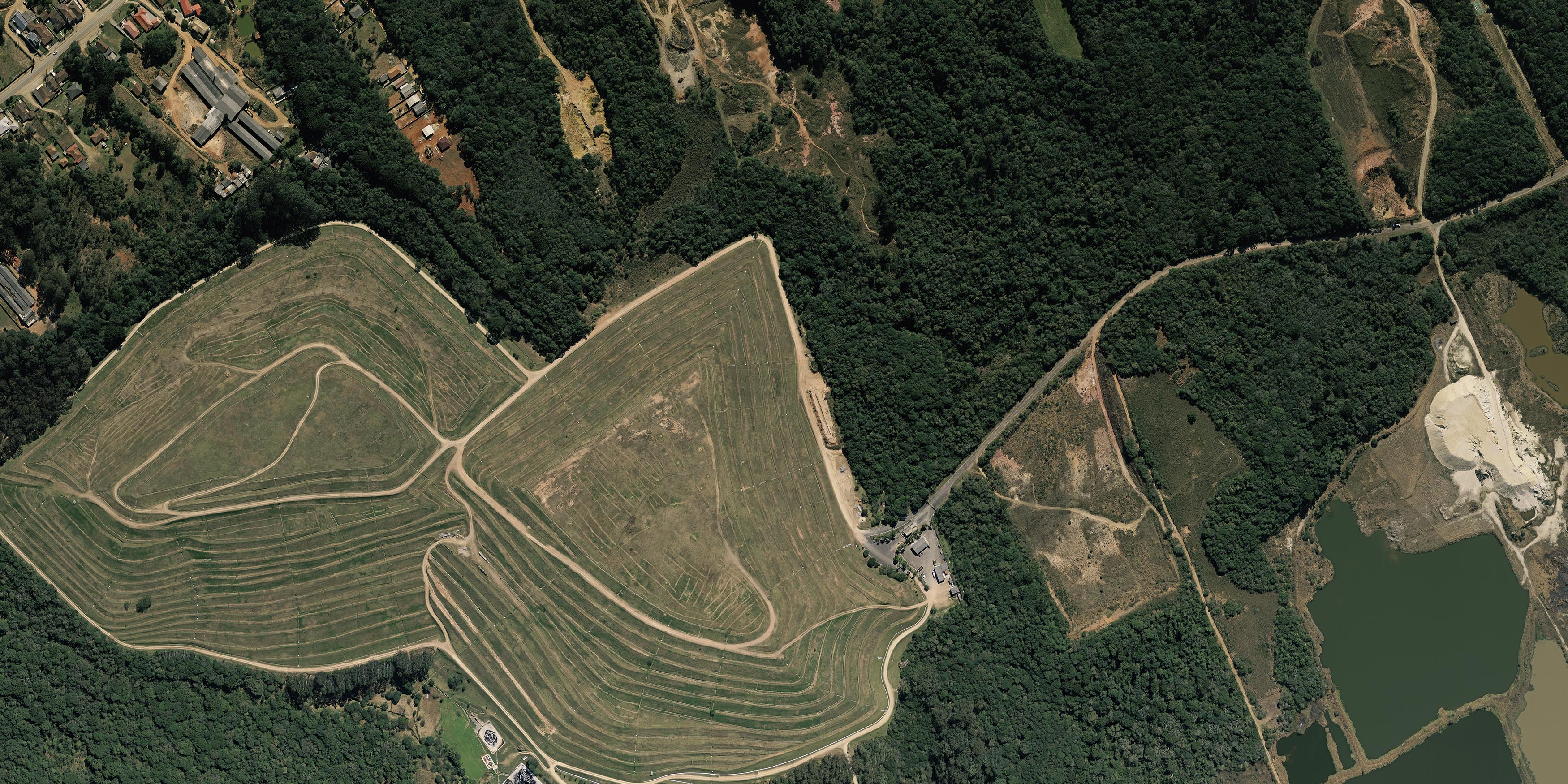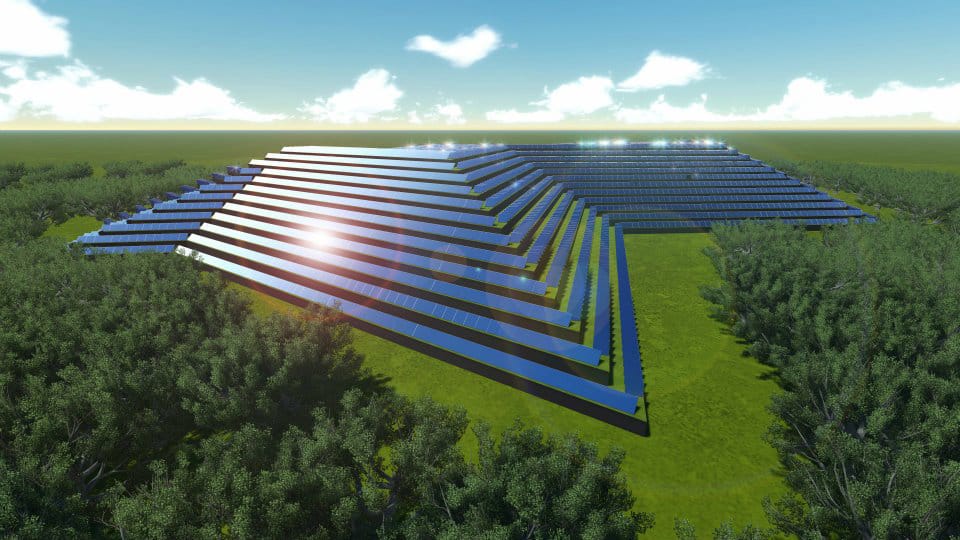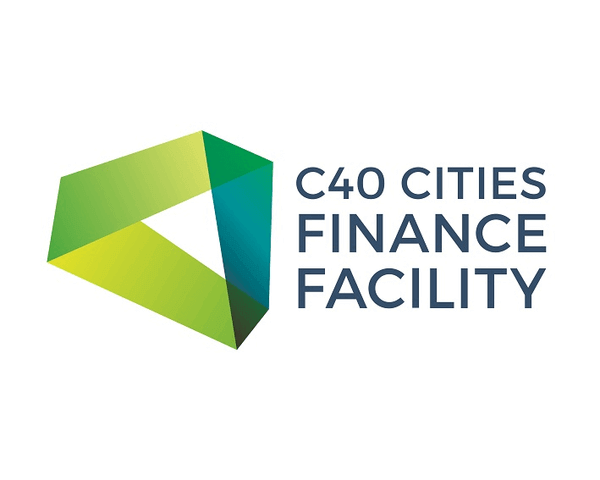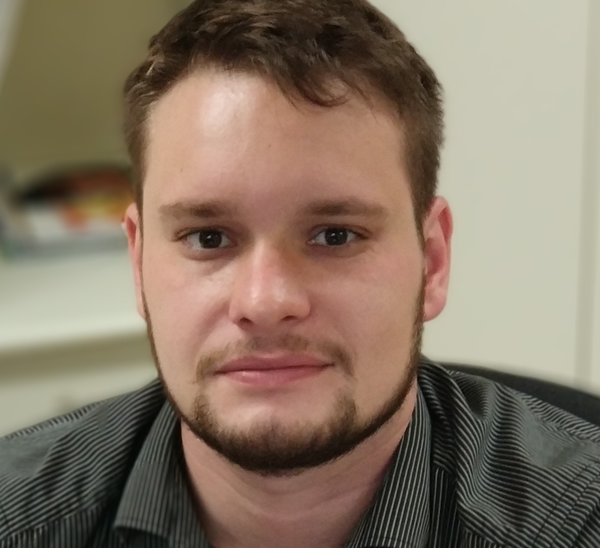Size and population development
Curitiba is the largest city in the state of Paraná and the southern region of Brazil. According to the 2010 IBGE (Brazilian Institute of Geography and Statistics) census, the city’s population was 1,678,965 making it the 8th most populous city in Brazil. The city covers a total area of 319.4 km2, with a population density of 4,062 per km2. The metropolitan area expands out to 15,416.9km2 with a population of 3,400,000. The 2019 population is estimated at 1,900,000.
Population composition
The 2010 census date recorded the population of Curitiba was 52.3% female and 47.7% male. Ethnicity composition recorded was 78.9% white people, 16.8% Pardo(multiracial) people, 2.9% Afro-Brazilian people, 1.4% Asian people and 0.2%, Amerindian people. The official language of Curitiba is Portuguese.
Main functions
Curitiba, the capital city of the state of Paraná, is an important cultural, political and economic centre in Latin America. The city is located on a plateau at 932 metres above sea level near the Atlantic margin of the Brazilian Highlands and headwater of the Iguacu River. From the early 1970s Curitiba underwent extensive rejuvenation, which included the creation of new lakes and flood-control systems, large parks, and other recreational facilities. The City also introduced recycling programs, zoning regulations, and a bus rapid transit (BRT) system. In 2010, Curitiba was awarded the Global Sustainable City Award, given to cities and municipalities that excel in sustainable urban development. Today, Curitiba is known as one the world’s greenest cities with more the 50 square metres of green space for every person.
Main industries / business
Curitiba's economy is based on industry and services and is the fourth largest in Brazil. The city manufactures automobiles, trucks, and buses, paper, furniture, textiles, cement, and tobacco. Curitiba is also an important processing centre for mate (tea), beer, soft drinks, lumber, and cattle. Curitiba is a culturally rich city with a large number of venues, events and artists in areas including music, gastronomy, theatre and design. The local creative industries support the tourism industry, generate innovation clusters and promote sustainable growth.
Political structure
The municipality of Curitiba is governed by a mayor (prefeito) with the assistance of secretaries who head administrative departments. The city comprises 1 Municipality (Prefeitura), 9 Sub-prefectures (subprefeituras) and 75 districts. The Curitiba Metropolitan area comprises 26 Municipalities.
Administrative structure
The City Council has 38 councillors.
Website
https://www.curitiba.pr.gov.br



